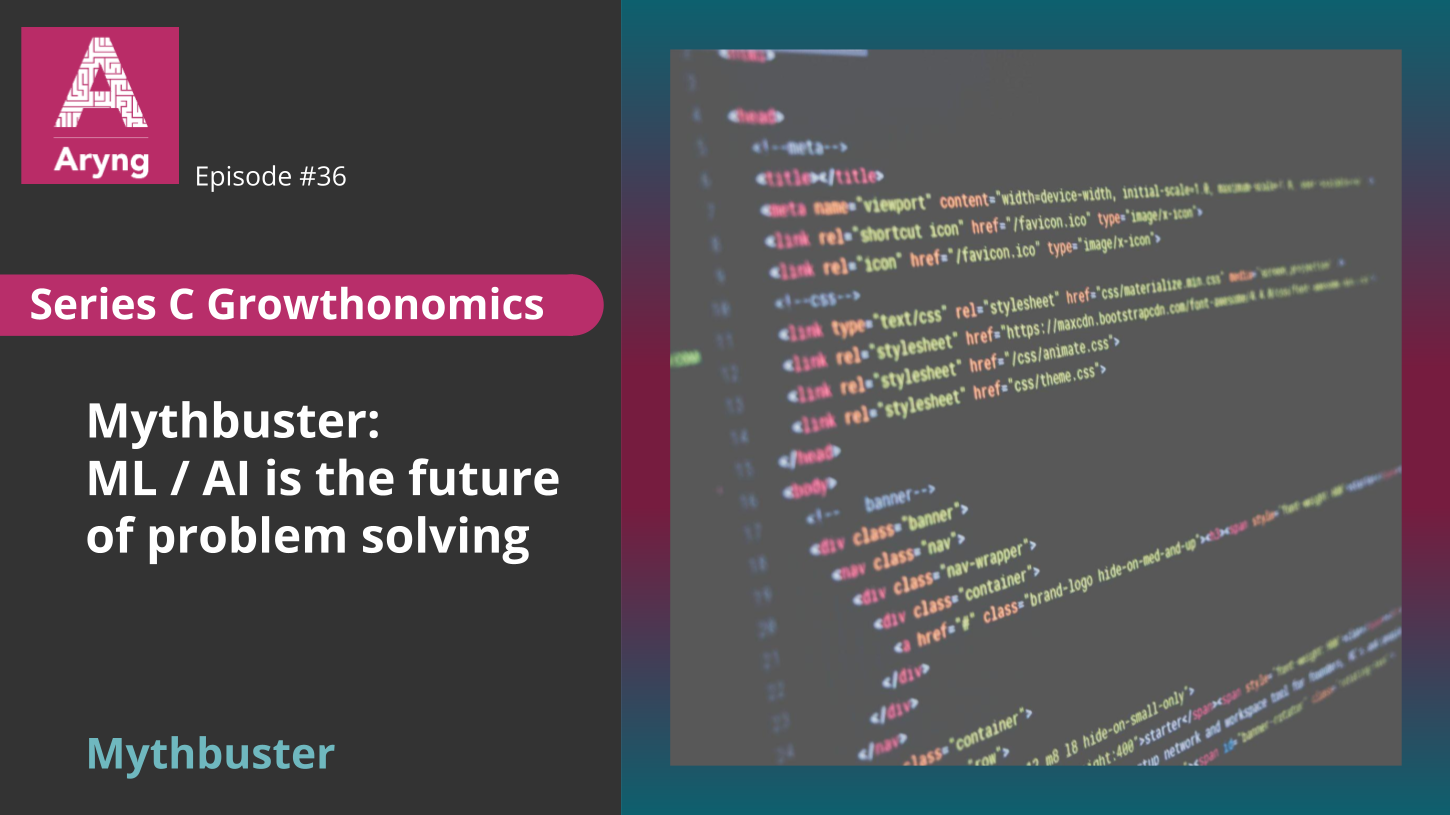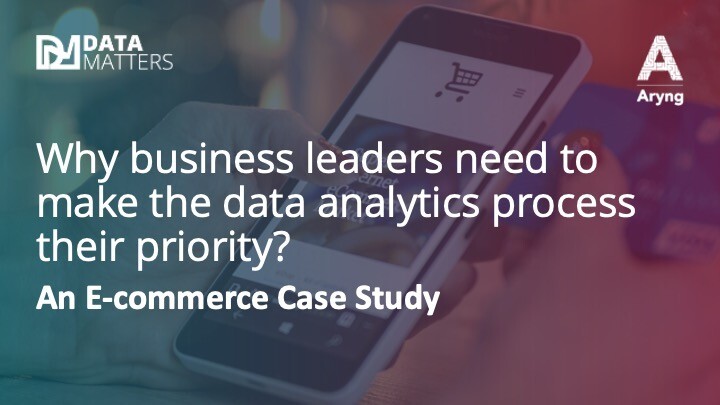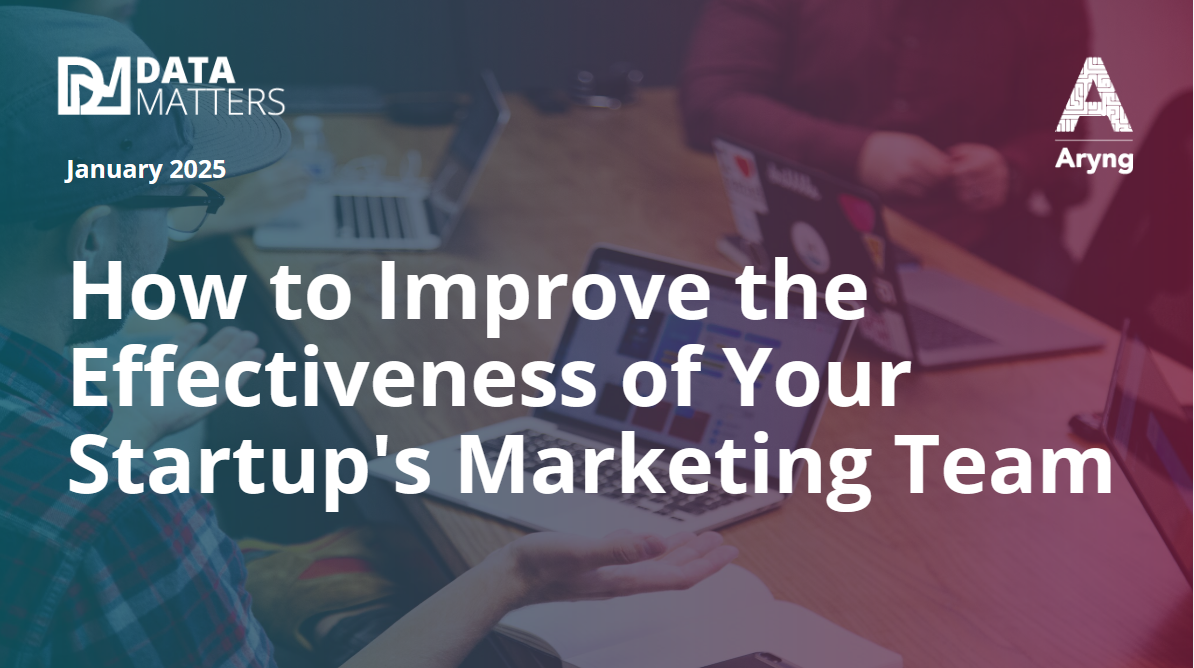Your startup is scaling and with the incoming amount of complex and diverse data, you need a team that can find the nuggets of wisdom that can help your startup reach the heights it’s meant to reach.
The question is, how do you find the right data talent for this?
You want data analysts who are critical thinkers. You need data engineers who can innovate, you need data scientists who will transform your data into actionable insights. They don’t pull data just to send you more confusing reports. They look for clear insights that actually help you make good decisions that drive results at scale. But it’s tricky because you’re also competing for this talent with large, established companies with bigger pockets.
So, we’ve put together a guide to help you plan this hiring journey. We know what makes a strong data science/ analytics team, having trained countless of them over the years. For a scaling startup, here are our tips:
First, assess your startup’s data needs
All too often, we’ve seen data people who were talented, no doubt, but were completely misaligned with the organization. This causes wasted time on irrelevant tasks, insights that don’t contribute enough growth, and general feelings of overwhelm.
Assess your startup’s stage, growth rate, and current data infrastructure, as well as your startup’s goals in the next couple of years. What are your startup’s long-term and short-term goals? What is your vision? Is your startup at the brink of scale or is it already seeing exponential growth?
Questions like these will give you a clearer idea of how your data professional will contribute to the bigger picture.
- What are your objectives? – Do you need data professionals who can support the short-term goals that will keep the engine running, or who will focus on the short-term data needs that drive long-term objectives like profitability?
- Where is your startup going? – Do you need data experts who can conduct predictive modeling, integrate machine learning, or work with big data?
- What stage is your startup at? – Do you need people who can help you build a strong data infrastructure from scratch, or people who can work with a setup that’s already capturing massive amounts of data?
This awareness is important so that during the hiring process, you can find exactly the kind of people who can fill the right gaps.
It is far from reality to simply hire a random 5-person data team, give them the login to your data system, and expect them to boil the ocean to find insights that drive revenue.
They will need focus. They will need to prioritize the goals that your startup needs to achieve. And they can only do that with awareness of your startup’s current infrastructure and future goals.
Next, create your dream team
Understanding your startup’s needs better will help you zero in on the kind of data professional you want to hire, including the desired skills and expertise you want your ideal candidates to have.
This forward-thinking approach will help you hire the people with the right skill sets to meet your startup’s evolving needs and ensure scalability.
Based on your startup’s data needs, think of how many data experts you want in your team and how you want to structure them.
Perhaps you need all of them to possess certain hard skills and only one to be able to manage them. Create this outline and use this moment to also establish a budget that you can realistically work with. Consider not only the salaries but also any additional costs, such as training, tools, and infrastructure, to support your analytics team effectively.
Use your understanding of your ideal team to craft engaging job descriptions. You may be competing for talent with higher-paying corporations, so offer them benefits that only startups like yours can.
Highlight your startup’s culture, vision, and show them the kind of high-impact projects they will be working on.
Data folks at large corporations may be paid better but they get lost in teams of 100. Show these people how working at your startup will allow them to wear more hats, enjoy more ownership and autonomy, and work on projects that directly impact revenue growth.
Finally, plan the execution
This involves three activities: choosing the right sources for finding data professionals, evaluating the candidates, and creating an effective onboarding process.
1. Choose the right sources
There are three main sources of talent. You can leverage your current staff’s network for leads, post the openings on job portals, or hire from academic institutions. You can even explore job portals that cater specifically to hiring roles in data science and data engineering.
Furthermore, think about the different kinds of employment you can offer. Data expert can be hired as full-time employees by your startup but depending on your startup’s needs, you can also consider hiring freelancers, consultants, part-time contractors, or interns. You may even want to outsource your entire data team to an agency that’s already fully trained for all kinds of startup needs.
2. Evaluate the candidates
With the vast number of data science certifications now available on the internet, it is important to be very thorough when you evaluate candidates that look amazing on paper. Not only should they have the track record you want to see, but they should be able to handle the technical assessments and case studies or projects you give them.
Giving them these assignments is a two-way street. Not only can you gauge their suitability for your role, but they can gauge how well they can contribute to your organization. This is important feedback, as it will allow you to tailor your hiring process to attract candidates who will be the best fit.
3. Create an effective onboarding process
An effective onboarding process is one that allows your new data expert to hit the ground running. Make sure that they have all the access, tools, and clarity they need to get to work doing what they do best.
Hiring a data team is more than just advertising open roles and choosing the best resumes. During the data science boom, many people certified themselves in a variety of data science courses to improve their chances of selection. For a truly talented team that delivers the key insights you need, you must exercise a bit of critical thinking yourself in order to craft a team that will ask the right questions, explore hypotheses, and deliver decision-making insights.
Having worked with countless data teams offering guidance and training, we can help you through this process. Aryng can help you assess your current startup’s infrastructure and objectives to create a hiring plan that simplifies the process for you specifically.
Get in touch with us today and we’ll help you understand exactly how we’ll do this better during our free initial consultation.










